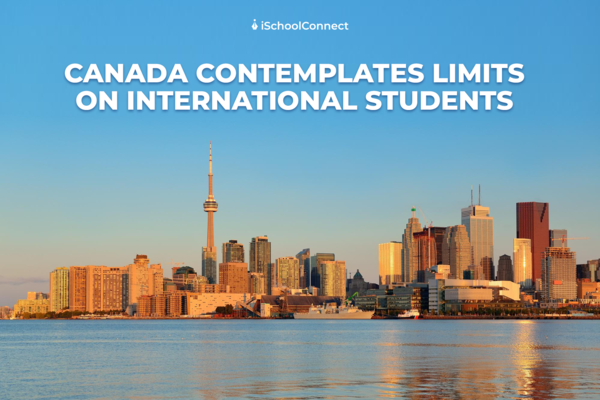Table of Contents
Addressing housing crisis | Proposed cap
Canada, led by Immigration Minister Marc Miller, is considering imposing a cap on the number of international students. This decision emerges amidst a growing housing affordability crisis, primarily attributed to the increasing influx of migrants and international students. With the housing demand skyrocketing and construction slowing due to inflation, the government eyes the first and second quarters of this year to implement potential restrictions. Canada, known for its reliance on immigration to bolster its economy and support its aging population, has been a popular destination for international students, thanks to its straightforward work permit process.
Impact on student demographics
In 2022, Canada hosted over 800,000 foreign students with active visas, a significant jump from 275,000 in 2012. Miller emphasizes the need for a system that ensures the financial capability of incoming students and the authenticity of their offer letters. He advocates for a discussion about the volume of international students and their impact, especially in certain regions.
Indian students | A major group affected

Indian students make up 40% of Canada’s 800,000 international students. They will be significantly impacted by this cap.This decision could potentially reshape the educational landscape for many Indian nationals seeking education abroad. The move to restrict student numbers is a pivotal one, considering the substantial contribution of Indian students to the cultural and economic fabric of Canadian educational institutions.
Considering economic and cultural impacts
The proposed restrictions raise crucial questions about the economic and cultural implications for Canada entry. International students, including those from India, contribute significantly to the Canadian economy, not only in terms of tuition fees but also through their participation in the workforce. Furthermore, these students play a vital role in cultural exchange, enriching the educational experience for all students. The government’s decision to cap student numbers may affect Canada’s reputation as an inclusive and globally-oriented educational hub.
The way forward
Canada is currently facing a significant housing crisis. This has led to a challenging task of balancing the influx of international students with the availability of adequate housing. The government has proposed a cap on international students as a potential solution. However, this highlights the necessity for a more sustainable approach to housing and immigration policies. The Canadian government’s decision is attracting attention from international communities, educational institutions, and prospective students. It may set a precedent for how other countries balance immigration with domestic concerns.
Canada’s decision to cap international students will have widespread effects. It reflects a complex balance of multicultural benefits and housing challenges. This move highlights the tension between diversity and infrastructure limits. It’s a crucial, multifaceted issue impacting future policies. The outcome of this decision will be pivotal for future international students and Canada’s position in the global education landscape.






